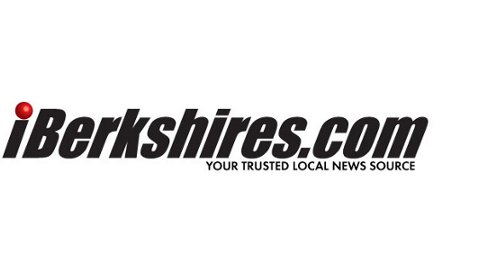- Should cryptocurrency have a role in retirement planning?
- 10 key stories on AI and wealth management in 2024
- Experts urge early estate planning to avoid costly mistakes
- I’m a Financial Planner: This Psychological Hack Is ‘Key’ To Avoid Living Paycheck to Paycheck
- State regulators strike $17M settlement with Edward Jones
It’s no secret that the cost of living in Central Oregon is high and continues to grow. As many individuals hope to start the new year off with fresh financial goals, local financial advisor Emma James with Rosell Wealth Management shared some tips to help individuals reach those objectives.
Take Inventory
According to James, financial goals are one of the main resolutions people have in mind when they think of the new year. Instead of focusing first on budgeting, James recommends people take a step back and assess their situation.
“There are so many articles out there about how to put yourself on a budget, reduce your spending, go through all of your subscriptions and cancel the subscriptions that you don’t need as a way of reducing your spending,” she said. “I find that for most people who are starting off the new year wondering what to do with their financial picture, the biggest thing that they can do is just first take an inventory of where they are right now.”
Rather than attempting to track all of their spending, it’s best to start off by taking a snapshot of where they are financially, James said. For some people, that means overcoming the fear of looking at their bank account, checking their 401K and identifying how much debt they have and the percentage of interest they’re paying.
“I find that the number one obstacle to getting a head start in the new year is having the courage to overcome the fear of looking at what is actually happening right now,” she said.
Make Goals
After looking at their financial standing, James encourages people to identify their goals and what they want to accomplish in the new year. Depending on the person, these goals could include a decrease in spending overall, buying a house in the next two years, eliminating debt, making a financial plan or increasing their investment savings.
“I like to encourage that exploration because that really gets into the desire and the passion for implementing something that year,” James told the Source Weekly. “If it’s a specific thing that they have in mind, like buying a home, then that’s a much more tangible goal, as opposed to, ‘I just want to be financially fit,’ which is a huge, overwhelming task.”
Take Advantage of Resources
For people looking to accomplish a goal, various financial resources can make a big impact in getting there. While resources can help people achieve their goals, the type of resource depends on the person and what their end goal is.
“For example, if you wanted to have a budget and identify how much you were spending so that you could reduce some of those costs, there are a lot of resources out there that are free or relatively inexpensive that I encourage a lot of people to go out, find and explore,” James said.
When it comes to financial advice and wellness, there is usually a barrier between the people who need access to that resource, James said, as it can often be expensive to meet with a financial advisor. For people looking to connect with resources that meet their income needs, James noted a number of alternative methods.
People can take various financial and business courses at the local library and get financial planning help from nonprofits, including 3rd Decade, which offers free personalized financial guidance and education to young adults.
“Those kinds of tools can help with the accountability, making sure that those things actually happen for that person,” she said.
Nguồn: https://horizontalline.icu
Danh mục: News







